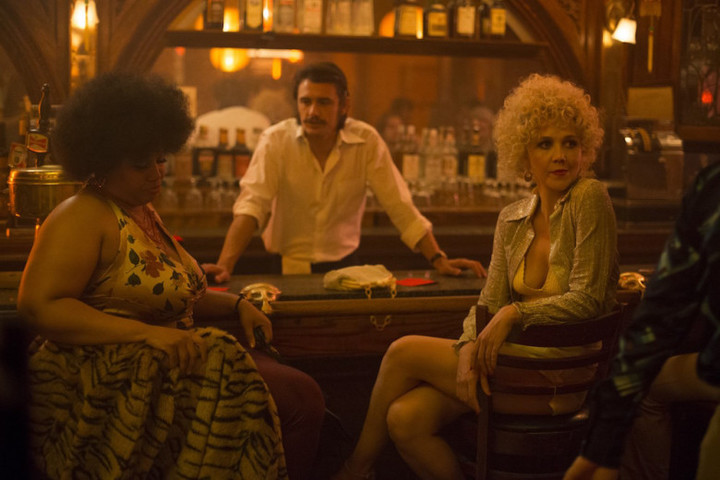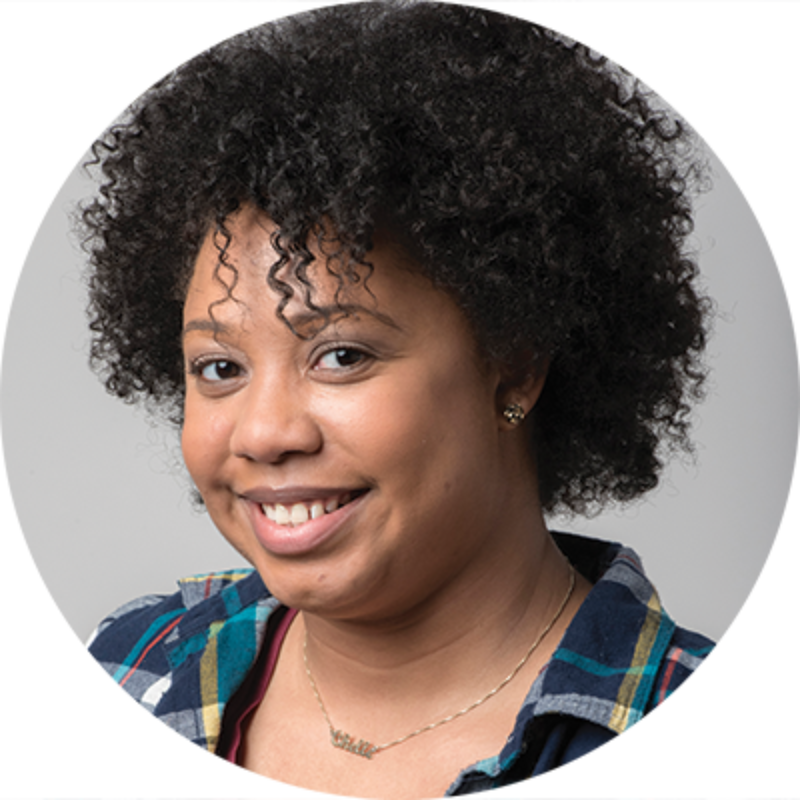
When we think of pivotal shows like The Wire and Homicide: Life on the Streets, only two things come to mind: Baltimore City and David Simon. Now the prolific writer and director is back with another HBO series—this time diving into the origins of prostitution and pornography in 1970s New York City.
In anticipation of the September 10 premiere of The Deuce, we talk to Simon about his creative process, addressing misogyny, and what he’s working on next.
How did you come up with the concept for The Deuce?
This one was unique. We didn’t really go looking for this one—it came to us. A fellow named Marc Johnson, location person on Treme, had been talking to this guy who had been in a mob front, and his family had been involved with a lot of stuff on 42nd Street (nicknamed the Deuce), including the rise of the sex industry.
He kept saying, ‘You gotta talk to this guy. The whole world of 42nd Street when this thing blew up, it’s crazy. The characters are amazing, the story is amazing, you’ve gotta talk to him.’
Finally, [writer] George Pelecanos and I meet this fellow. After about two or three hours, the guy’s stories were so tragic, and comedic, and human. It opens up a world I hadn’t really thought about. George felt the same way, so we looked at each other and said, ‘Man, we’re going to have to do a porn show.’
Your background in journalism and love of research is evident in each of your projects. Take us through the process of making the show authentic.
We did the usual thing: A lot of reading, and we walked whatever ground was left. There’s very little left at Times Square obviously, it’s all been cleaned up by the city.
We started to talk to other people who were survivors of that time who could relate and also got in touch with people who could be great consultants. We started to talk to people at length in the process of developing a show.
How were you able to write a series about the layers of the sex industry without running the risk of being too risqué?
Well that’s the trick. That’s the real guts of the struggle. It can’t be prurient, you can’t use porn to tell a story about porn, or you’re indulging in the same thing you set out to discuss and critique.
At the same time, it can’t be puritan. If we only imply things and don’t address them—given that the dynamic here is misogyny—eventually you find yourself making Pretty Woman or something like that. So in some ways you have to be blunt, but the trick is to be blunt in such a way that you’re not indulging yourself or any audience coming there looking to be titillated. You basically try to stay on a fence of prurient and puritan, and not fall off either side.
You say that the dynamic is misogyny. How were you able to find that balance between the men and women portrayed?
We were very careful on this show and very willful about staffing it with women throughout. Nina Noble, executive producer, was involved in every creative element.
Maggie Gyllenhaal is acting, but became a producer for that very reason. She wanted to have input in what we were building here.
Four of the eight episodes had female directors, including the pilot and the season finale—they were directed by Michelle MacLaren, so she set the tone. This could not be the boys’ version of what the sex industry on the streets was, that would be a recipe for disaster. We were very careful about opening this thing up so that it was a dialectic between men and women.
What can viewers expect from this pilot episode?
You are arriving in the midtown of New York. The 42nd Street area has always been—going back to the time of Mayor Jimmy Walker and earlier—a little bit dicey, a little bit sexualized, there’s always been a bit of sex trade there.
In the early ‘70s, the country hit a bit of a sexual revolution and came to this moment where what was furtive—what was in a brown paper bag, what was under the counter—was suddenly allowed to be out in the open and a completely legitimized industry
These people that we’re visiting in the early ’70s in the pilot are the pioneers.
Some of these people came from the mob, because that’s who financed it, the New York Cosa Nostra families. Some of them came from the sex trade on the street, which was already vibrant in places like Hell’s Kitchen and around 42nd Street and 8th Avenue.
Because this series is loosely based on true events, was there less room for re-writes and ad-libbing?
The way it works on our shows is we’re looking for people to stay on book. There’s always a writer on set to consult the director and the actor. So there are changes, but they’re usually organic to how the scene is blocked. Every now and then, an actor or director will think of a great line, or someone will say something late in the scene while the camera is still running, and we’ll look at it and go, ‘Yes, that’s better.’ Just as often we’ll say, ‘No, no, no. Go back to the page.’ We were really telling a story that was delivered to us intact.
Do you have enough source material to go beyond one season of the series?
Three seasons actually. The first one is set in 1971. If we were renewed, we would come back in the late ’70s. Then this storyline finishes in the mid-1980s in New York. That’s what we have, and that’s what we’ve planned, but obviously it’s up to HBO and the audience whether or not we get there.
What project is next for you?
I have a pilot script due to HBO on a political show set in Capitol Hill. In fact, we were thinking of shooting that first before we started shooting the rest of the episodes of The Deuce.
The problem, as many problems are in this country right now, was that Donald Trump won the election. We had structured a pilot—Ed Burns and myself, Carl Bernstein, and Bill Zorzi—that presumed either a Hillary Clinton victory, or a Bernie Sanders victory, or a normative Republican victory. We did not expect an unstable element such as Donald Trump to be the President of the United States.
And at that point, you need to rethink—even though it’s not a White House story and the president is not in front of the camera—it’s a story outlining the struggles on Capitol Hill and what the legislative branches have become. But everything has been corrupted, impaired, and changed. So we had to go back and re-report, so we’re prepping to start working on the pilot script again.
You joked on Twitter that “everyone’s job is to make sure that my mom doesn’t watch The Deuce. What has she said about it?
My mom is going to watch it—she’s a grownup.
As the premiere nears, are you nervous about people’s perceptions?
We’ll see. I think we’ve set the right tone, and we were grownups about it. But the proof will be in the pudding. We’ll either be proud of it, as we are with other narratives, or we’ll be apologizing to people for the rest of our careers—or both. [Laughs]
